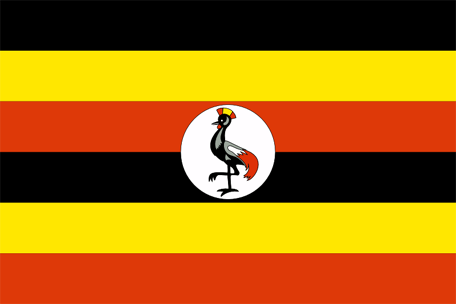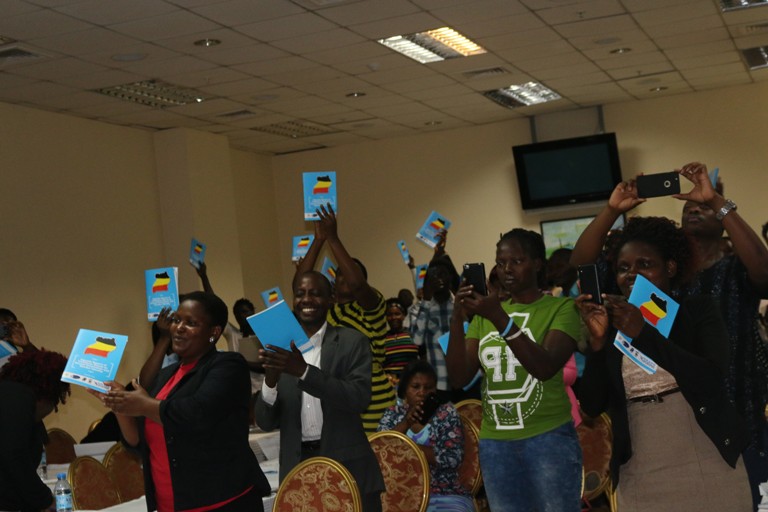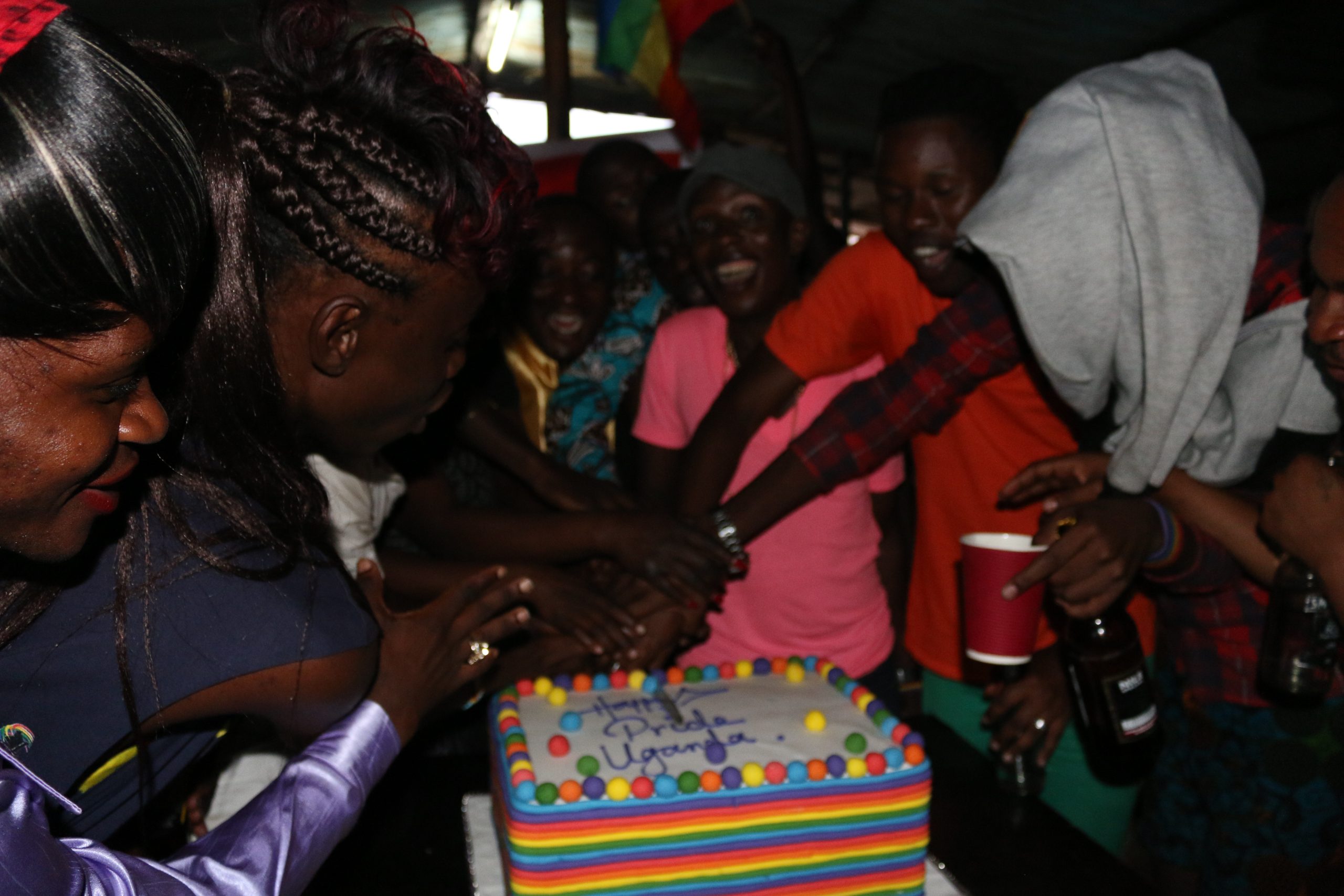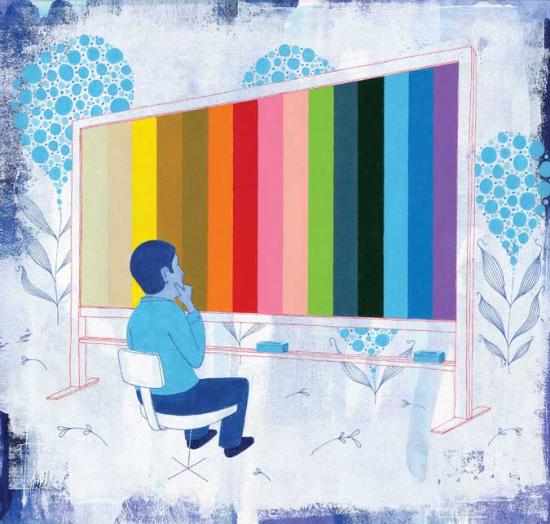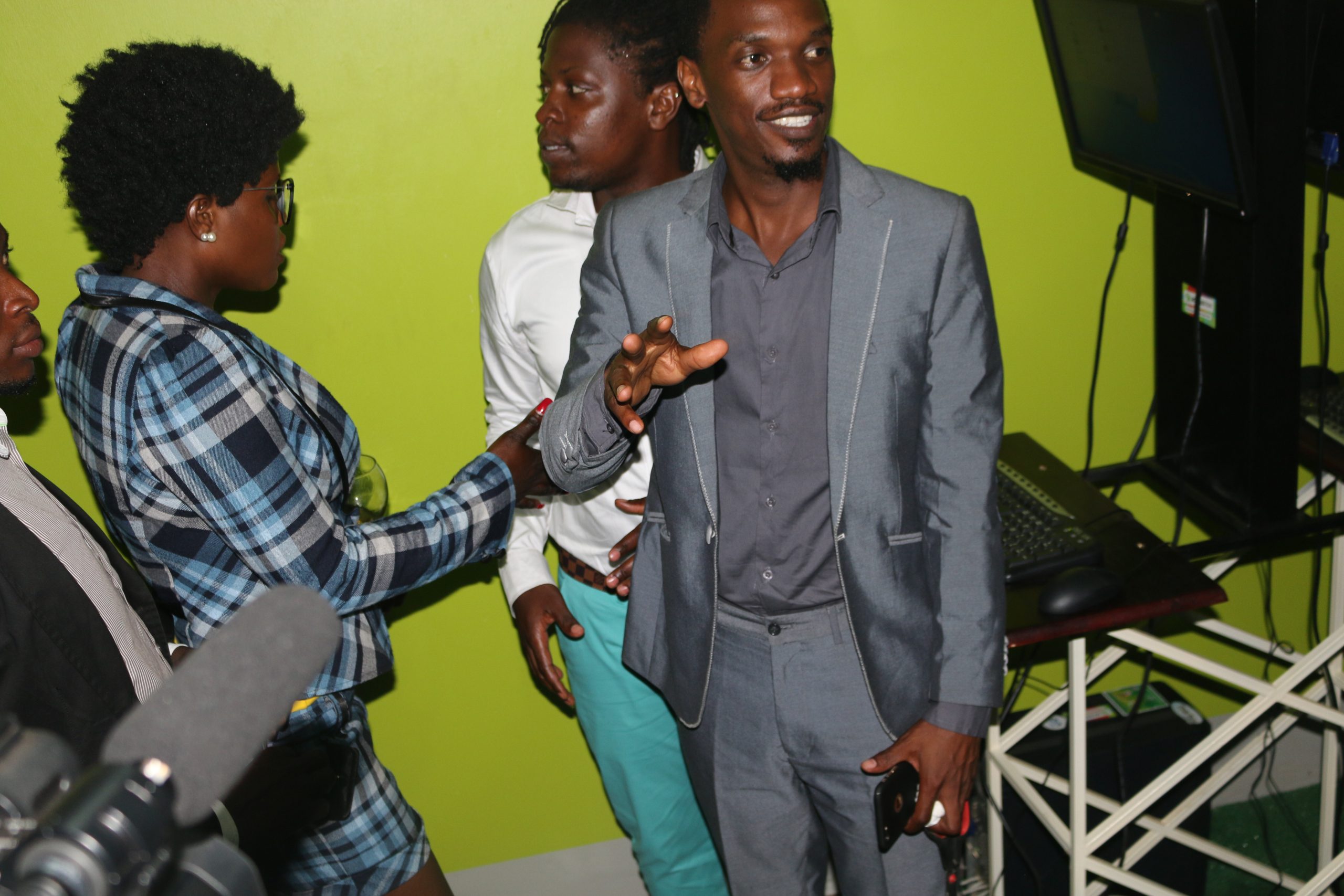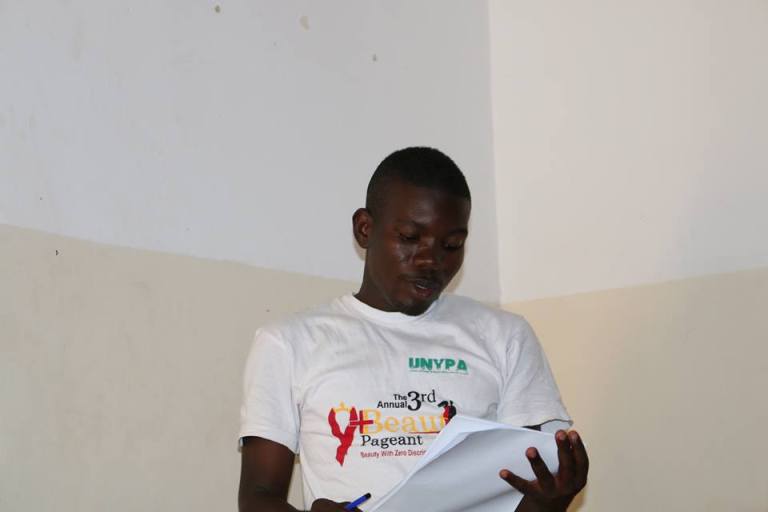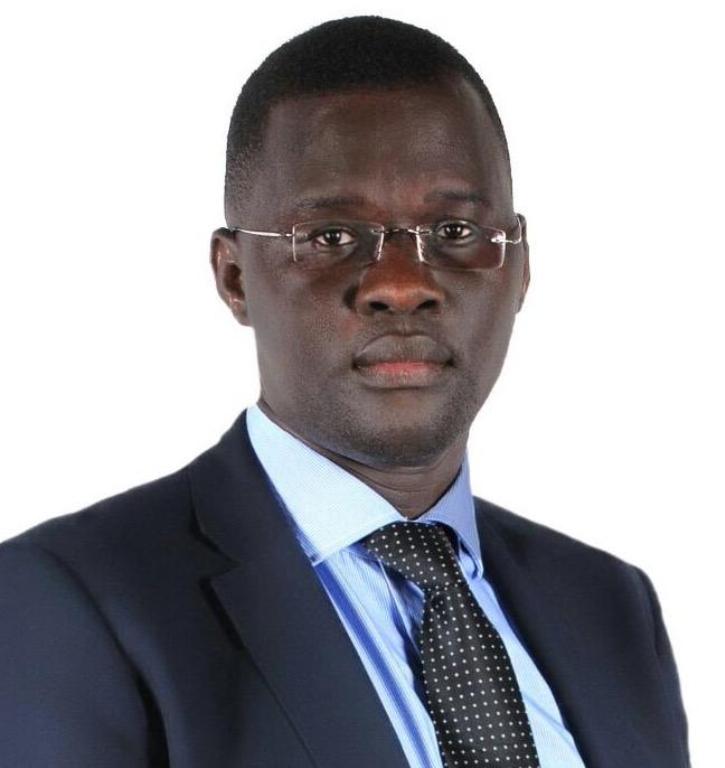Shivan told Kuchu Times that the incident at Venom and the utterances by Father Lokodo triggered this project. She says it was after Lokodo’s statement that she realized that LGBTI Ugandans are treated like second-class citizens who have no right to gather or assemble.
current uganda
There have been ongoing actions to promote the mechanism of protection since March 2015; these have been adopted on an international level to support the development of civil society organisations and to make them independent through defending democracy, human rights and to strengthen their role as subjects of change.
The research led by Fridah Mutesi found that the Idle and disorderly laws are extensively implemented in Uganda and according to records, 958 charges were recorded at five different policy stations between 2011 and 2015.
It was discovered that victims of these arrests are mostly marginalised groups that rank lowest on the social and economic radar.
The Attorney General made preliminary objections that the amendment cannot stand as it challenged a law that was already nullified- in essence that the case was moot. HRAPF argued that they were not challenging the Act but the Act of passing the Act with provisions that contravene the Treaty, and that in any case, this was a matter of public interest that the Court could hear as an exception to the mootness rule. UNAIDS was allowed to join as amicus curiae and the made their submissions regarding the HIV/AIDS.
Quick on their feet, the committee hatched a plan B and we set off for another rendezvous. Highlighting from the buses, it was clear the community members were all set for a day of fun! Again, the police arrived shortly and the tension was obvious amongest the Pride celebrants.
‘Gays Recruiting in Schools,’ tabloid headlines have so often read and understandably, the nation has panicked. Being fed with the wrong information coupled with lack of education on LGBTI issues has only worked in the favour of anti gay propagandists who continue to push the recruitment agenda down peoples’ throats.
“The LGBTI community has reached a point where we must acquire skills for self sustenance. We can nolonger rely on funders or organisations to figure our lives out for us. Such initiatives will help us develop as a community and this will eventually translate into poverty eradication and self education,” Luswata said at the launch of the digital resource centre.
Because all the money she had had been spent on hotel fares, she was left with no option but to flee to Nakivale refugee camp in western Uganda and there she found other LGBTI refugees from Congo and Burundi. After three months in the camp, the anal scars ruptured and the Angels Refugee support group an organization that supports LGBTI refugees in Uganda was called in to help.
Asked what her vision for Slaved Up is, Rainbow Mirror’s ED Abdul Jamal sad she sees the event as an empowering point for transgender persons, through the use of visual and performing arts for global justice and social change. She further explained that the objectives of the event were to share ideas, knowledge and experiences for social communal change, develop cooperation and partnerships between community members and different service providers, create a platform for communication through visual and performing arts.
This year, together with Kailpona from Bangladesh, Pierre Claver Mbonipa from Burundi, Younous Muhammedi from Afaghanistan and Ratnaboli Ray from India, Chapter Four’s Nicholas Opiyo will receive this prestigious award.


